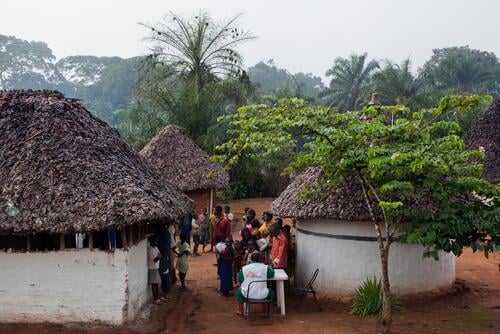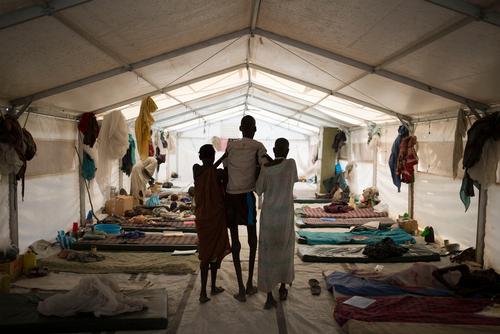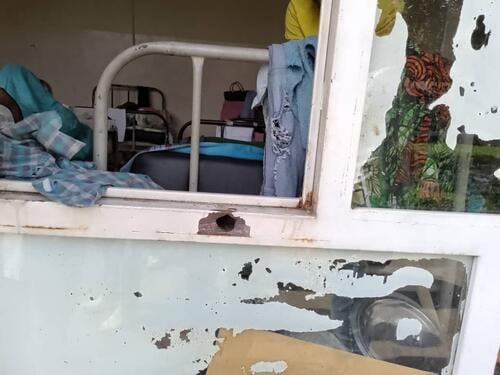The report, Overcoming Neglect, details Médecins Sans Frontières’ (MSF) involvement with neglected tropical diseases (NTDs) over the last three decades. Our work includes treating patients, carrying out operational research, supporting efforts to identify new treatments and diagnostics; and playing an active role in reducing their incidence. We call for an improved global response to NTDs, better access to diagnosis and safe, effective treatment and care for patients.
Each year, hundreds of thousands of people still die from NTDs. These diseases, and the people they impact, are overlooked by policy makers and there are little resources available to address them. For many of these diseases, there is no easy solution - diagnosis and treatment are difficult or simply not accessible. Chronic poverty in combination with NTDs often equals death or prolonged disability.
For some of the most life threatening NTDs, MSF is often one of the only organisations providing direct patient care. Over the last 30 years, MSF teams have treated hundreds of thousands of patients suffering from Chagas disease (American trypanosomiasis), sleeping sickness (human African trypanosomiasis) and visceral leishmaniasis (VL or kala azar); deadly parasitic NTDs which affect impoverished populations living in very remote and underserved areas.
With this report, we aim to show the devastating impact NTDs have on millions of the world’s poorest people. We hope that by highlighting the main issues facing their treatment and control, and sharing MSF’s experience, will result in more attention for NTDs, and an improvement in the lives of NTD patients.






